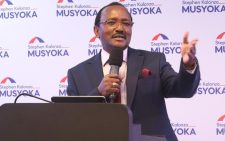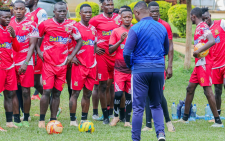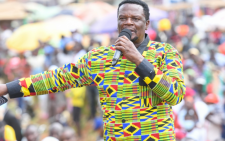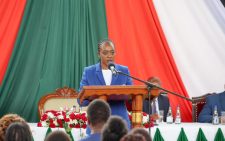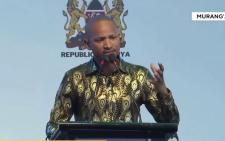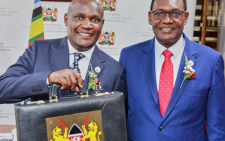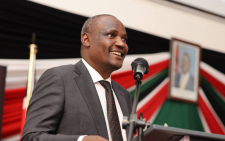Kenyan billionaire among tycoons set to buy Forbes
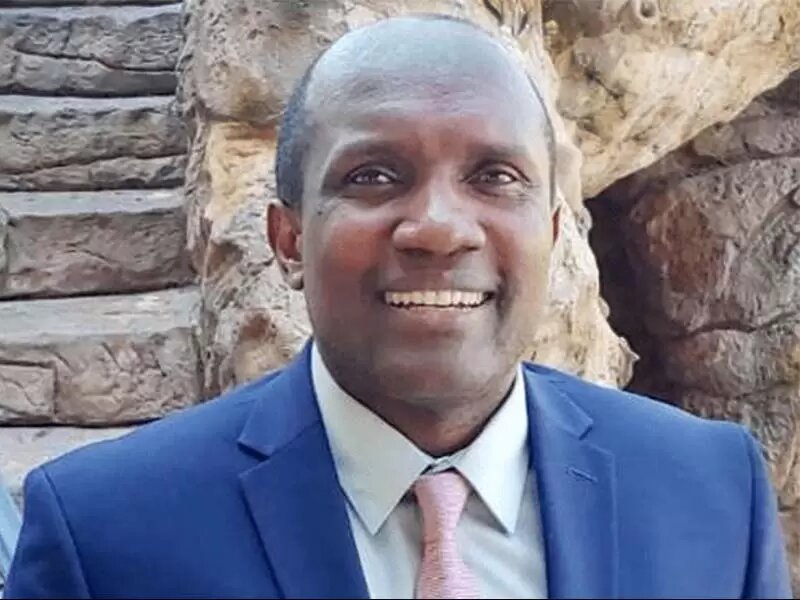
Kenyan tycoon Julius Mwale, the founder of the multi-billion shillings Mwale Medical and Technology City (MMTC) has been named as one of the key investors in Forbes acquisition for close to $800 million (Sh109 billion).
US publication Axios reported that US technology billionaire Austin Russell was a leader of the consortium that raised money for 82 per cent of Forbes ownership which includes Mwale who is investing billions of shillings, as a key investor in the iconic US media giant.
“Austin Russell, the 28-year-old American CEO of Electric vehicle tech company Luminar Technologies plans to put in only $10 million of his own money as part of his bid to buy 82 per cent of Forbes for $656 million the rest is almost all coming from foreign investors, “ Axios reported.
The foreign investors in the move that deepens the trend of billionaires buying media companies include Mwale. However, the exact money he is expected to spend was yet to be made public and even the shares he would take up at the company were also not revealed.
“My hope is that Forbes can continue to even better serve its readership by helping objectively inform, recognise, and challenge leaders to tackle society’s biggest challenges under this mission, with high-quality content as well as platforms for its business-focused community,” lead investor Austin Russell stated.
Forbes is known mainly for its global ranking of the world’s richest people. The sale follows Elon Musk acquisition of Twitter and Jeff Bezos acquisition of the Washington Post.
Residual stake
The Wall Street Journa reports that Russell’s share in the business comprises the residual stake held by the firm’s namesake family, who in 2014 sold 95 per cent of the business to the Hong Kong-based investor group Integrated Whale Media.
Since cancelling its merger with a special-purpose acquisition company in June of last year, when the market deteriorated and investors lost interest in SPACs, Forbes has virtually been on sale, the Wall Street Journal reported earlier on Saturday.
The timing of Luminar’s IPO through a SPAC merger in 2021, when retail investors were still screaming for shares of mobility tech companies, was superior.
Even then, practically every mobility SPAC was trading below its offering price by the time Forbes decided to cancel its own SPAC plans, and Luminar has not been exempt from the general decline.
Forbes is an iconic US media giant which has over 140 million unique users worldwide, with 55 million unique users based in the United States.
It will be the first time an African will be among the voices of global iconic media empires which may help change Africa’s perception in the world. Mwale last month attended Forbes Under 30 Summit in Botswana where he was the keynote speaker.
The Forbes profile of Mwale on the summit’s website outlines his success as an industrial entrepreneur and investor with vast experience of more than 20 years in innovative investments in technology, energy, health, retail, and construction industries.
He is currently the Principal of MMTC, which is based in Western Kenya. As the lead investor of MMTC, Mwale invested and mobilised over $2 billion to build the new city with a 100 per cent green concept.
The city is anchored by Hamptons hospital which is providing universal healthcare to two million residents in Kakamega County since 2019.
In his keynote speech at the Forbes Under 30 Summit Africa, Mwale emphasised the need for job creation and poverty reduction in Africa.
“In 20 years, Africa is going to have about a quarter of the global population, and we see ourselves being able to move about 800 million people on the continent out of poverty by creating jobs,” he stated.
“We are in the driver’s seat leading that now and we want the Forbes team and the entire continent of Africa and the whole world to join us,” Mwale added.
MMTC has expanded in 12 countries in Africa using an integrated model of smart city development, with a vision to build 18 smart cities and empower around 800 million people by 2050.
